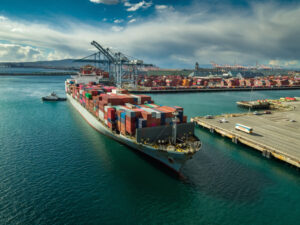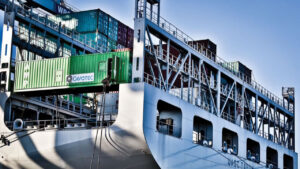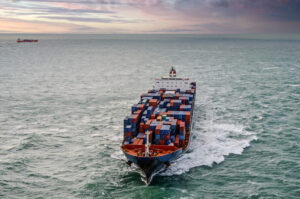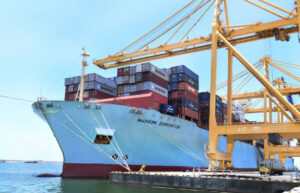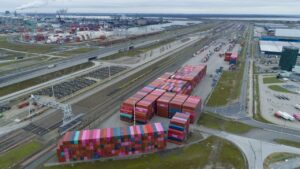The ongoing crisis at the Port of Felixstowe could last for months as workers threaten strikes until Christmas.
The eight-day strike over pay by over 1,900 workers commenced on 21 August at the East Anglian port, the UK’s largest container gateway which handles over 4 million TEU per year.
During unions and employers talks on 8 August, the Felixstowe Dock and Railway Company, the port operator owned by Hutchison Ports UK Ltd, improved its previous position offering a £500 lump ($588) sum in addition to 7 per cent pay raise.
The union rejected the company’s settlement.
Unite, the union which represents the workers in the dispute, held a rally on 24 August outlining that the strikes could continue until the end of this year if an improved pay offer is not given.
General Secretary of Unite, Sharon Graham, said disruption at the port was “not necessary” and reaffirmed the union’s request of a 10 per cent pay rise.
“We will escalate this dispute unless they come back with a revised offer because this is ridiculous,” Graham said.
On whether strike action would continue, Graham commented: “Yes, and unfortunately, if they don’t come back to the table this action will continue, and that’s not good for the public, it certainly isn’t good for these workers and I’d also say it’s not good for the employer.”
“Even minor interruptions to port operations can have a major impact on container line network efficiency and cause a domino effect up and down supply chains,” said Christian Roeloffs, CEO & Co-founder of Container xChange.
“Strikes at European ports this year have already been highly damaging to logistics operations, manufacturers, and industry at large. We expect further industrial action to be just as harmful.”
Europe’s logistics network could see added disorder if more industrial action follows in Germany.
Earlier this summer German ports including Hamburg, Bremerhaven, and Wilhelmshaven were rocked by strikes by thousands of dockworkers seeking higher pay.
Collective labour agreement negotiations between trade union ver.di and the Central Association of Germany Seaport Companies (ZDS) are ongoing.
A court-imposed moratorium on industrial action expires on 26 August.
“Ports in northern Germany suffered strikes earlier this year as workers there sought higher wages as inflation causes difficulties across Europe,” said Roeloffs.
“Our proprietary data shows this resulted in build-ups of containers at terminals and in storage yards.
“This added to the logistics problems we have seen across Europe this summer where lower water on the Rhine has forced many containers onto rail networks and trucks as barge shipping has become increasingly difficult.”


